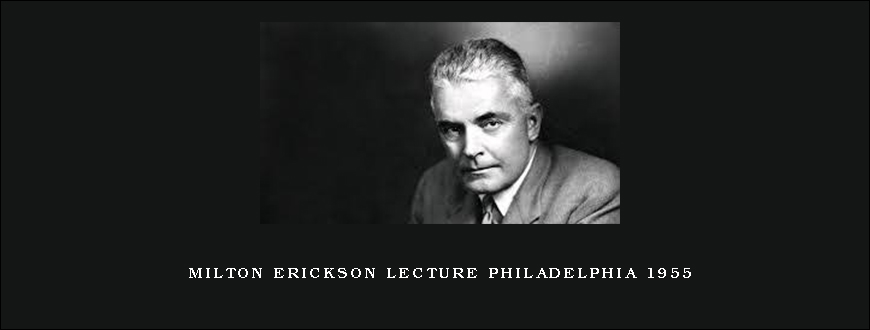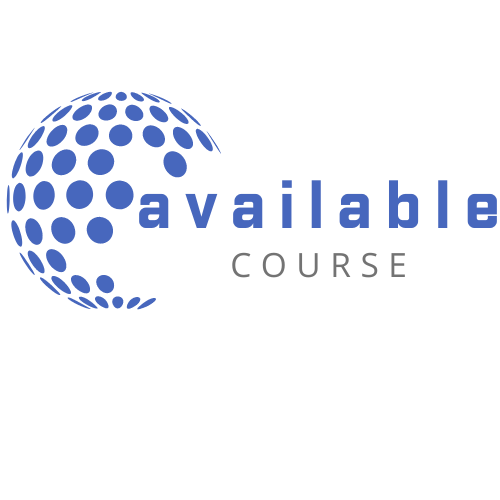
Milton Erickson Lecture Philadelphia 1955

Download Milton Erickson Lecture Philadelphia 1955 on Avaicourse.com
This course is available immediately. Please contact us at avaicourse17@gmail.com with the best service for more detailed advice.
Description:
Milton Erickson
Philadelphia Lecture 1955
Philadelphia, August 1955 Phenomena of Hypnosis (68 min.)
Techniques of Induction & Utilization in Hypnosis (71 min.)
In this set, Erickson communicates the timeless principles of hypnosis that he observed, discovered and utilized. He emphasizes the paramount importance of protecting the patient and establishing trust as the very foundation of the cooperative relationship characteristic of hypnosis. He stresses the importance of understanding the meaningful need of the patient and reviews, with many examples, the techniques of rehearsal, uncovering, dissociation, regression, time-distortion, revivification, visualization, orientation to the past and to the future, trusting the unconscious mind, and post-hypnotic suggestion
Hypnosis coures
Hypnosis is a human condition involving focused attention, reduced peripheral awareness, and an enhanced capacity to respond to suggestiom.
There are competing theories explaining hypnosis and related phenomena.
Altered state theories see hypnosis as an altered state of mind or trance, marked by a level of awareness different from the ordinary state of consciousness.
In contrast, nonstate theories see hypnosis as, variously, a type of placebo effect, a redefinition of an interaction with a therapist or form of imaginative role enactment.
During hypnosis, a person is said to have heightened focus and concentration.
Hypnotized subjects are said to show an increased response to suggestions.
Hypnosis usually begins with a hypnotic induction involving a series of preliminary instructions and suggestion.
The use of hypnotism for therapeutic purposes is referred to as “hypnotherapy”, while its use as a form of entertainment for an audience is known as “stage hypnosis”.
Stage hypnosis is often performed by mentalists practicing the art form of mentalism.
Internet Marketing Course
Digital marketing is the component of marketing that utilizes internet and online based digital technologies such as desktop computers,
mobile phones and other digital media and platforms to promote products and services. Its development during the 1990s and 2000s,
changed the way brands and businesses use technology for marketing. As digital platforms became increasingly incorporated into marketing plans and everyday life,
and as people increasingly use digital devices instead of visiting physical shops, digital marketing campaigns have become prevalent,
employing combinations of search engine optimization (SEO), search engine marketing (SEM), content marketing, influencer marketing, content automation,
campaign marketing, data-driven marketing, e-commerce marketing, social media marketing, social media optimization, e-mail direct marketing, display advertising,
e–books, and optical disks and games have become commonplace. Digital marketing extends to non-Internet channels that provide digital media, such as television,
mobile phones (SMS and MMS), callback, and on-hold mobile ring tones. The extension to non-Internet channels differentiates digital marketing from online marketing.
More Course: INTERNET MARKETING
Outstanding Course:Emily Fletcher – Ziva Meditation
Course Features
- Lectures 0
- Quizzes 0
- Duration 50 hours
- Skill level All levels
- Language English
- Students 0
- Assessments Yes
